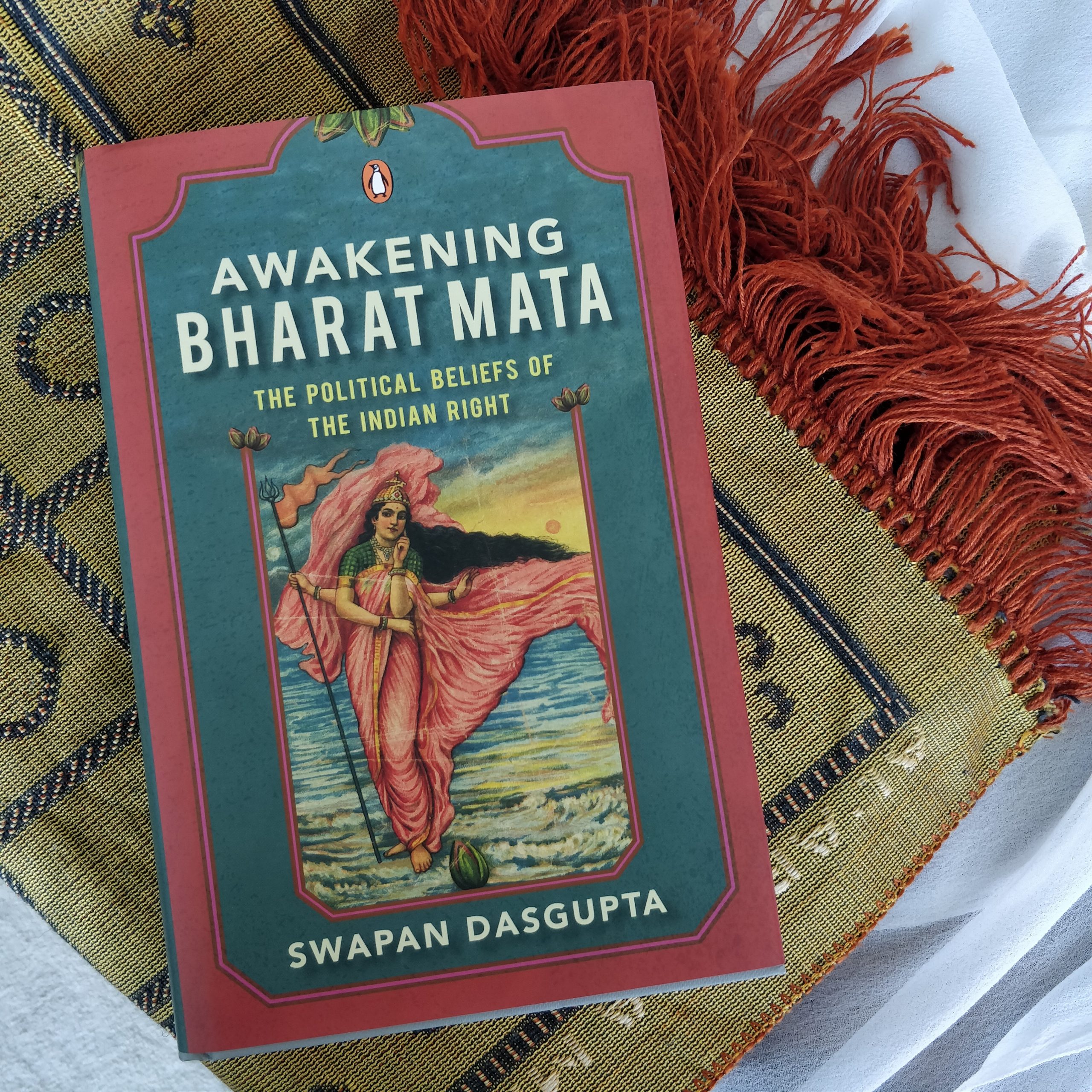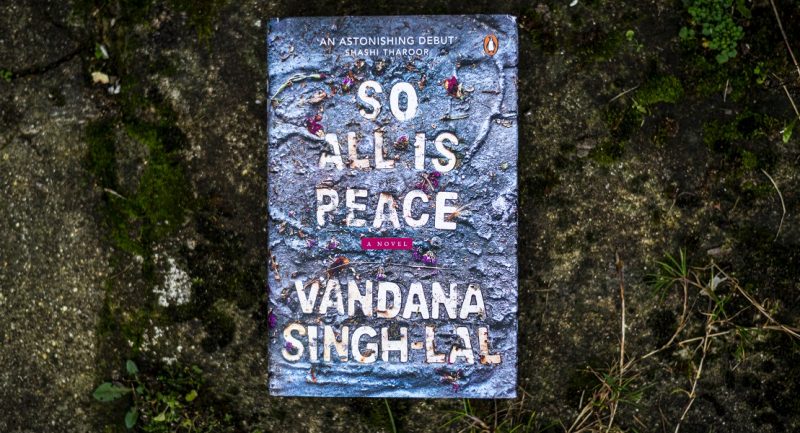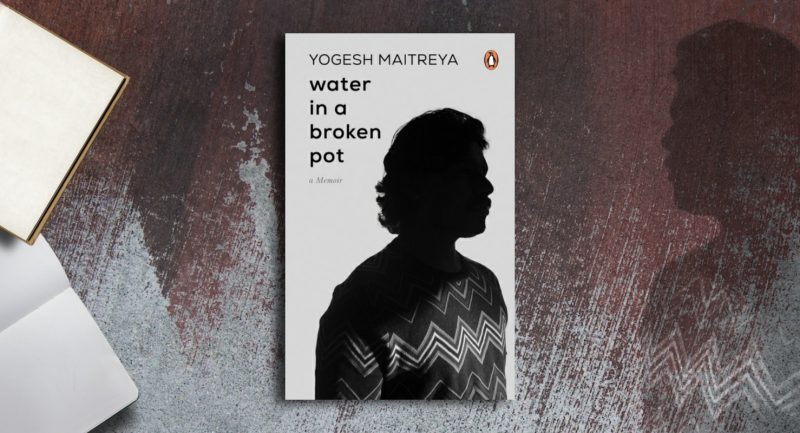
Awakening Bharat Mata seeks to identify the nature of Indian conservatism and identify its similarities and differences with political thought in the West and generate an informed discussion that goes beyond electoral politics and governance to focus on its continuing relevance in contemporary India.
Read an excerpt from the book below:
—
It is apparent that the loyal core of the BJP, and indeed the wider Sangh Parivar, has a distinctive understanding of India’s history and civilization, and the post-Independence experience. Nehru too grappled with these issues unendingly, even agonized over them and some of his tentative conclusions formed the basis of the secular consensus as it has prevailed. The BJP leaders, whose perceptions of India’s civilizational ethos flowed from an understanding of Aurobindo, Vivekananda, Savarkar, Golwalkar and Upadhyaya, often as imparted through the boudhik sessions of the RSS, had divergent perceptions.
The departures centred on the centrality of Hinduism—both as belief systems incorporating the Sanatan Dharma and as a way of life—in the ‘idea of India’. According to his biographer’s description, Nehru felt that India’s heritage transcended faith: ‘If all Indians had been converted to Islam or to Christianity, their culture would still have remained the same.’ This assessment was sharply different from Savarkar’s who believed that a departure from the Hindu fold was also accompanied by a change of nationality. To those who grew up offering a prayer to the bhagwa dhwaj at RSS shakhas each day, Hindutva or Hindu-ness was at the core of India’s nationhood, not necessarily as a religion but as a culture. The BJP sees itself as a Hindu party, but this rarely meant a commitment to religious practices, only to a larger cultural ethos. Its disagreement with the ‘secular fundamentalism’ of the Nehruvians was not over the freedom of faith and the non-discriminatory features of the Constitution, but on the centrality of Hindu cultural forms in the symbolism associated with the state. This was coupled with unrelenting hostility to any special treatment or affirmative action for religious minorities. The mantra of ‘justice for all, appeasement of none’ has guided the movement since 1947. The tirade against ‘biryani for terrorists and bullets for kar sevaks’ that the BJP used quite effectively in the 1990s was a crude but telling articulation of how it perceived the double standards of the secularist Congress. The BJP was perhaps the only sustained voice against the secular squeamishness over the ethnic cleansing of Hindu Pandits from the Kashmir Valley in 1990. Its stated hostility to ‘vote bank politics’ practised by the ‘secular’ parties was a coded invitation to Hindus to assert their numerical clout and vote as Hindus.
To this divergence on the features of nationhood was a belief that India had been in a state of servitude since the establishment of the Delhi Sultanate in the eleventh century. Like the early nationalists, the BJP’s pantheon of national heroes included Maharana Pratap, Shivaji, and Guru Govind Singh who had waged war against Mughal rule. Whereas the Nehruvians were inclined to view the Mughal experience as high point of a syncretic and composite culture—what is often called the Ganga-Jamuni tehzeeb—Hindu nationalists yearned for a recovery of Hindu honour and self-esteem that never quite happened after Independence. The Muslim that Hindu nationalists have profoundly admired has been the former president of India A.P.J. Abdul Kalam who combined his contribution to India’s missile programme with deep reverence for Hindu cultural forms.
Swapan Dasgupta’s Awakening Bharat Mata is a collection that attempts to showcase the phenomenon of Hindu nationalism in terms of how it perceives itself. AVAILABLE NOW.









